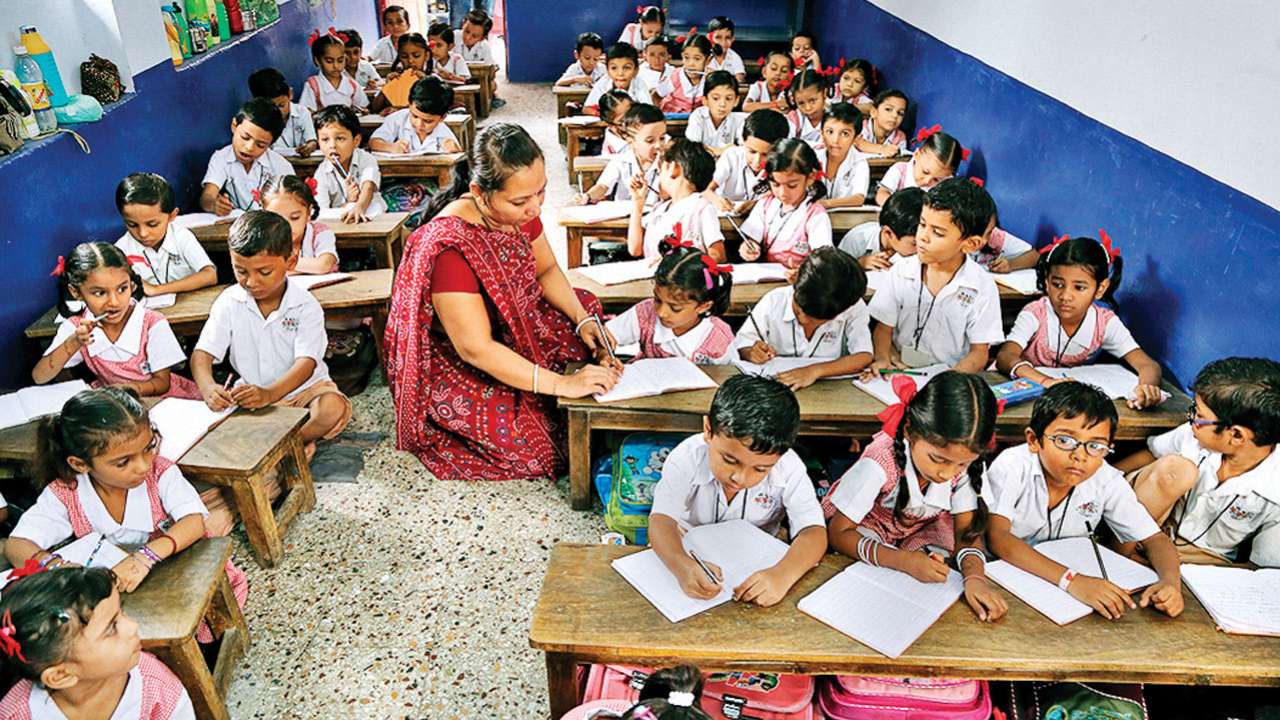“True teachers are those who help us think for ourselves.” ~ Dr. Sarvepalli Radhakrishnan
The most important aspect of school and college that links us to education is a teacher, a mentor who from introducing us to the basics of pronunciation to ending up writing our own articles or books guides us at all times.
In India the way we recognised a teacher was full of respect and honor; some of the greatest teachers in India are Savitri Bhai Phule, Madan Mohan Malaviya, Rabindra Nath Tagore, and Dr. Sarvepalli Radhakrishnan and the list never ends.

As education is the biggest wealth earned by individual aspiring teachers and is considered the biggest root of knowledge, even a teacher’s punishment to the students has a lesson attached to it which students always understand in their course of life at least once. Teachers are a mix of experiences and knowledge which helps one to learn as much as they can from them.
In contemporary times, the tables have turned and education itself is not a normative part of gaining knowledge but has become a material requirement too. The system of education has opened a lot of private institutions that charge heavy fees; teachers have also opened private extra classes regarded as tuition classes to educate students out of the official premises for individual focus and people tend to invest in all these resources for a better future.
Education being attached to business somehow led to the authenticity between a student and the teacher has become more official and limited. In most cases, students hold an opinion of the teacher as the one who is promoting the ‘good marks, good future’ criteria rather than putting an emphasis on the understanding and learning of their students.
Teachers on the other hand nowadays don’t spread educational knowledge for free or with a perception of educating someone rather they focus on which educational institution is the one which is paying them the right amount of salary. As Indian society regards the pure relationship between Guru (teacher) and shishya (student ) as polluted with education becoming a money-making business.
Cases of teachers beating students from age 4-10 were found, where a student in pre-kindergarten was beaten for not eating his lunch. Prince Gajendra babu, general secretary of the state platform from the common schooling system comments on the faulty assumptions that are carried by the teachers of India where physical and verbal abuse can lead to a child’s improvement in academics, and this conditioning will take time to break certainly as the teachers now are being educated about the sensitivity of the topic.
WHO IS RESPONSIBLE FOR THIS CONDITION OF TEACHERS AND STUDENTS?
Teachers and students form a relationship because of the education system, but the education system is slowly failing to make up for the expectations of both teachers and students. Excessive pressure of scoring high grades on students has made the emphasis stronger on getting a certain amount of percentage and not learning the knowledge and skills.
Systematic failure has not just occurred with students gaining education but it depends on how they are getting it. Teachers are not being educated about the ethical norms and ways they need to educate their students without disrupting their overall development and improvement in academics.
As we need to nurture a plant with love and proper care in order to provide it growth, in this case, the student is just like a plant and the one who can nurture the student with knowledge is their teacher. The primary aspect required in teaching is patience, ethical behavior, and respect which should be followed by both students and teachers
Read More: West Bengal: An ex-student detonates a bomb in the school at Titagarh












